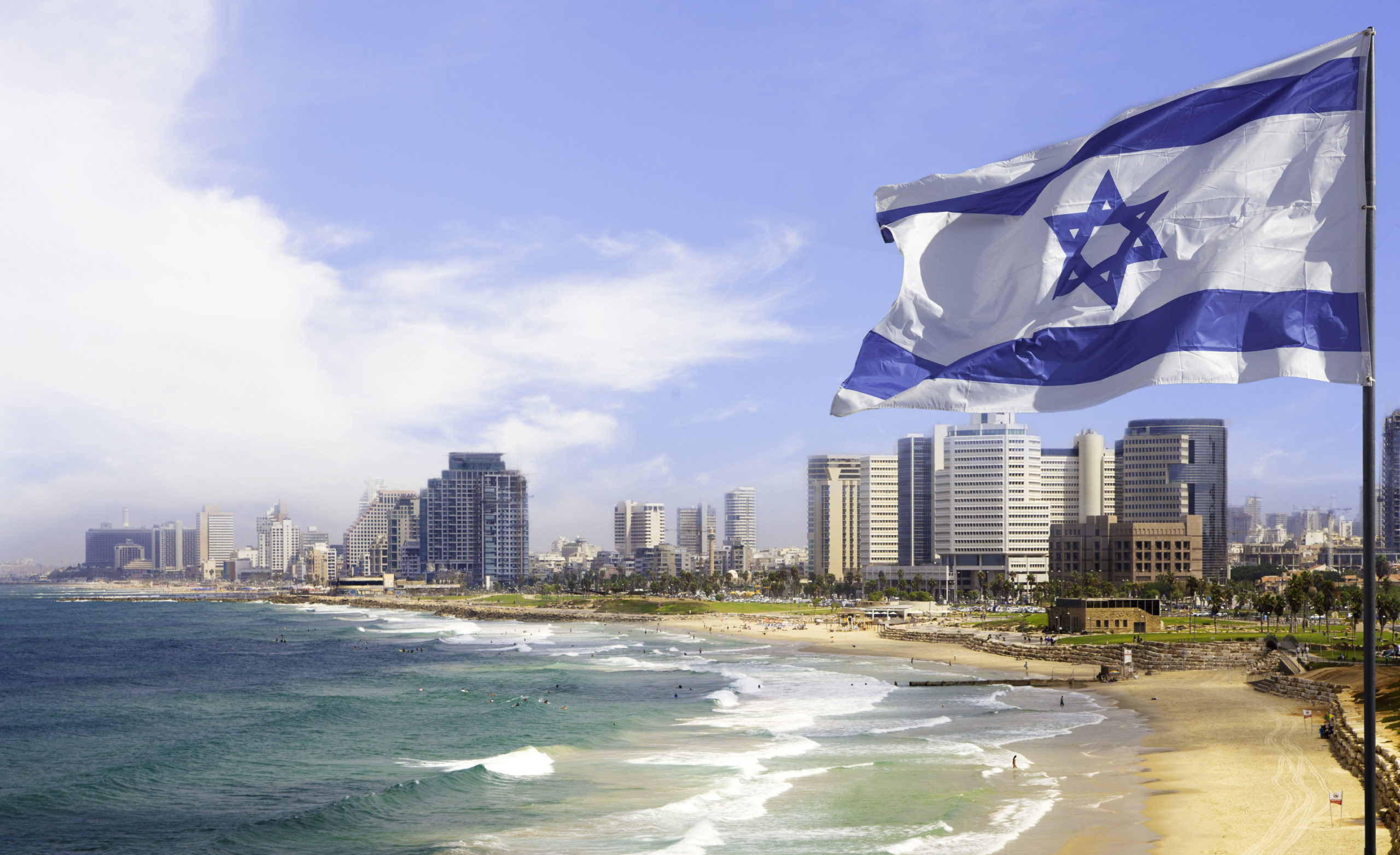Let’s look on the bright side—at a post-COVID success story—and realize that a new dawn is possible.
Israel, a country of 9.3 million people, has freed itself of most pandemic restrictions after its daily new case rate dropped to less than 20, and more than 80 per cent of its citizens have been fully vaccinated in perhaps the most efficiently run vaccination program of all nations.
At one point, as recently as this past January, Israel’s daily new COVID case numbers were peaking at 10,000 per day, proportionately the same as rates in the United States, which was among the hardest hit of all nations. And overall, this small nation, less than half the size of Nova Scotia in square kilometres, sustained close to 840,000 cases and over 6,400 COVID-related deaths (a rate of 71 deaths per 100,000 population—slightly more than Canada’s current death rate of 68 per 100,00).
But by June 1, Israel’s health ministry could declare a stunning victory against the pandemic, releasing most distancing and closure sanctions, requiring only limited indoor masking at close quarters, and—most dramatic of all—dispensing with its vaunted Green Pass program which it began only three months ago.
The Green Pass allowed fully vaccinated (primarily with Pfizer BioNTech) and fully recovered citizens virtual freedom to any activities that in most other nations remained either closed or tightly restricted—gyms, theatres, concerts, restaurants, shopping centres, even synagogues. In fact, the response to the Green Pass was so enthusiastic, these same venues quickly required it for entry. It became, in effect, a pass to normalcy—and created some antagonism from the shrinking non-vaccinated holdouts.
But you can’t argue with success. The Green Pass had done its job. It was time to be retired—happily.
In announcing cessation of the Green Pass, Israeli authorities have emphasized that vigilance against COVID will remain and that Israel’s borders will stay closed to countries where variants are troublesome. Returning citizens will be given priority, and there may be certain quarantine requirements, but quarantine hotels will not be among them. Such a suggestion was firmly nixed by several sources as impractical, unworkable, and punitive.
In getting to this better place, Israel placed its bets on its high-tech workforce and environment, highly organized medical triage, a digitized medical record-keeping that allowed vaccinations to be channelled to the most vulnerable populations first, a national network of vaccine clinics, clear and unified messaging from the top down, and efficient, proactive negotiating and procurement of vaccines from multiple sources even while they were being developed.
In fact, vaccine procurement was so effective that Israel’s health ministry and several non-governmental organizations are now sending vaccines to COVID-embattled India, along with medical equipment and supplies, respirators, technological logistical support, and medical personnel.
“We can’t just stand by,” an Israeli spokesman on his way to India told media.
© Copyright 2021 Milan Korcok. All rights reserved.

